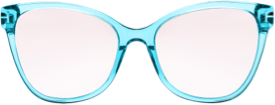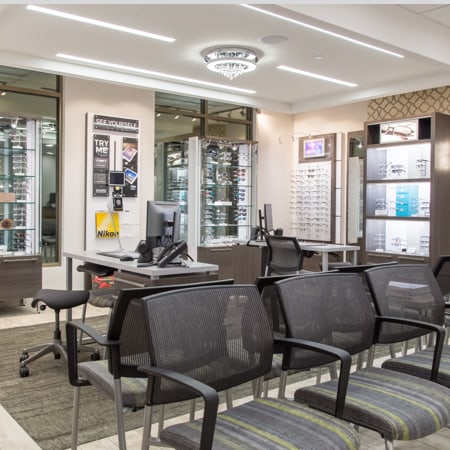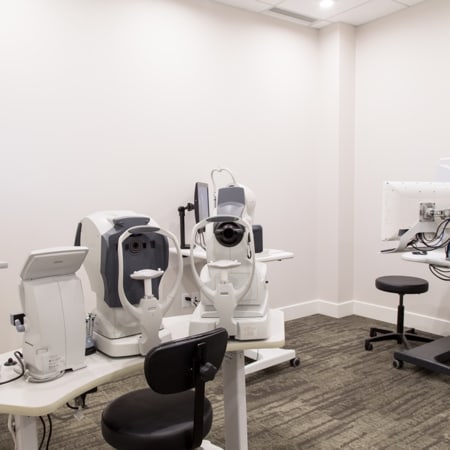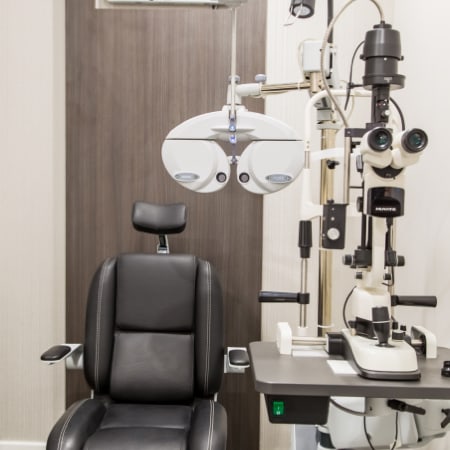If you wear contact lenses, you probably appreciate the freedom they offer compared to traditional eyeglasses. Whether you’re nearsighted, farsighted, or have astigmatism, contact lenses can help you see clearly while staying discreet and comfortable.
But here’s something many lens wearers overlook—contact lenses do expire, and using them past their expiry date can put your eye health at risk. Even if they’re still sealed and look fine, expired lenses can lead to discomfort, irritation, or even serious eye infections.
That’s why it’s important to understand what those expiration dates mean and why they matter for your vision and safety.
What Does the Expiration Date Mean?
Every box of contact lenses has an expiration date printed on the packaging. This date tells you how long the lenses—and, more importantly, the sterile saline solution they’re stored in—remain safe and effective.
Contact lenses are made from soft materials designed to stay hydrated and flexible. They’re sealed in sterile packaging filled with saline solution to prevent bacterial contamination. Over time, the materials can break down, and the solution can lose its sterility, increasing the risk of infection if the lenses are used after their expiry date.
Manufacturers set expiration dates based on rigorous testing to ensure the lenses perform as intended and remain sterile within a certain timeframe. After that point, there are no guarantees.
Why Do Unopened Lenses Expire?
Even if you’ve never opened the package, contact lenses will still expire. The sealed packaging can degrade over time, and the saline solution may become less effective at preventing microbial growth. In other words, the longer a lens sits, the more likely it is to lose its safety and quality, even if it hasn’t been touched.
If you discover you’ve accidentally worn expired contact lenses, remove them immediately. Replace them with a fresh pair and monitor your eyes for any signs of irritation, redness, or discomfort. When in doubt, contact your optometrist for guidance.
What Can Happen If You Wear Expired Lenses?
Using expired contact lenses can result in a range of problems, from mild to severe.
1. Higher Risk of Infections
The most serious concern with expired lenses is the increased risk of eye infections like bacterial keratitis or conjunctivitis. If sterility is compromised, the lenses or the solution may harbour bacteria or fungi.
2. Dryness & Irritation
Expired lenses may become dry, warped, or brittle. This makes them less comfortable to wear and more likely to irritate your eyes.
3. Blurred Vision
Degraded lenses may not sit properly on your eye or may no longer correct your vision as effectively, leading to blurry or inconsistent sight.
In extreme cases, infections from contaminated lenses can damage the cornea and threaten your vision. That’s why it’s always better to replace expired lenses—even if they “look fine.”
Contact Lens Care Tips
To keep your eyes safe and comfortable, proper contact lens care goes beyond just checking the expiration date. Here are some helpful habits to follow:
- Always check expiration dates before using new lenses, especially if they’ve been stored for a while.
- Follow the lens replacement schedule recommended by your eye care provider. Daily lenses should be discarded after one use, while bi-weekly and monthly lenses must be replaced on schedule—even if you don’t wear them every day.
- Use fresh solution every time you store your lenses. Never “top off” old solution in the case.
- Clean your lens case regularly and replace it every three months to reduce contamination risk.
- Avoid sleeping in your lenses unless they’re specifically designed for overnight wear.
Consistency and hygiene are key to preventing infections and ensuring your lenses remain comfortable and effective.

Are Expired Lenses Ever Safe to Use?
It’s not worth taking the risk. While an expired lens might feel okay at first, there’s no way to know if it’s harbouring bacteria or if the material has degraded. The potential consequences—such as infection or vision damage—aren’t worth the temporary convenience of using an old pair.
It’s especially important that children and teens don’t use expired lenses, as their eyes may be more sensitive and prone to irritation or infection.
When to Replace Your Lenses
Even if your lenses are within their expiration date, using them beyond their wear schedule can be just as dangerous.
Here’s a quick refresher:
- Daily lenses: Must be discarded after one day of use.
- Bi-weekly lenses: Replace every 14 days from when the package is opened.
- Monthly lenses: Replace after 30 days, regardless of how many times they’ve been worn.
Using lenses longer than recommended can lead to protein buildup, reduced oxygen flow to the eye, and an increased risk of infection.
How to Tell If It’s Time for an Eye Checkup
If you’re experiencing dry eyes, blurry vision, redness, or discomfort—even with unexpired lenses—it could be a sign that your prescription has changed or that your lenses aren’t fitting properly anymore.
Booking regular eye exams is the best way to ensure your lenses are working well for your eyes and that you’re not putting your eye health at risk. Your optometrist can also help you choose the right type of lens for your lifestyle and make sure you’re using them correctly.
Protect Your Eyes with the Right Information
Wearing contact lenses is a convenient and effective way to correct your vision, but only when used safely. Expired lenses, even when sealed, can lead to discomfort, infections, and long-term damage. Make it a habit to check expiration dates, follow your lens replacement schedule, and store your lenses properly. And if anything doesn’t feel right, it’s time to talk to your eye doctor.At Central Optometry, we’re here to support your eye health at every stage of your vision care journey. If you’re unsure about your contact lenses or need a new prescription, book an appointment with our team today—we’re here to help you see clearly and comfortably.
















